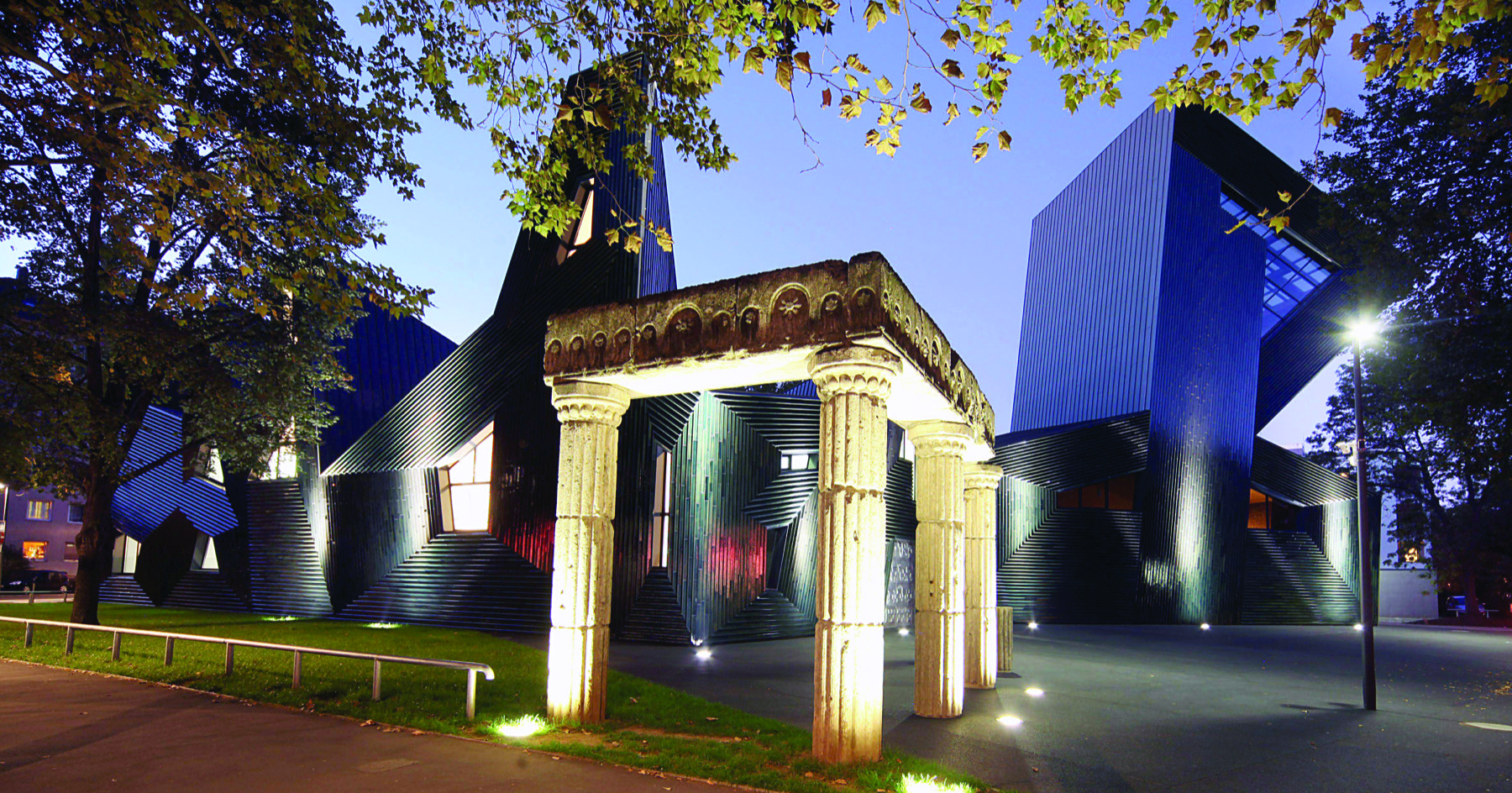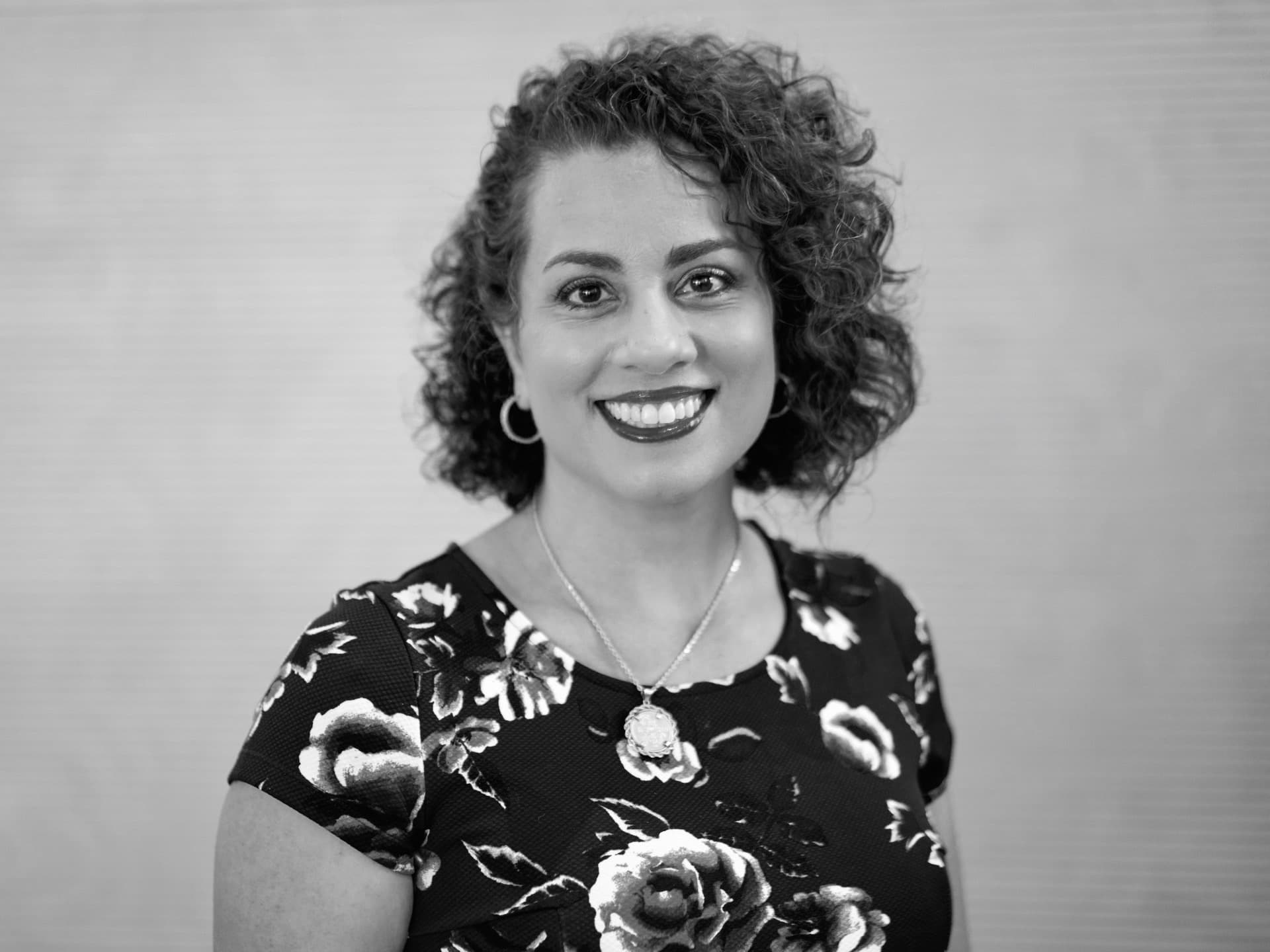
The rape and murder of a 14-year-old Jewish girl in Germany, allegedly by an Iraqi asylum seeker, has shaken the country’s Jewish community and heightened debate over the German government’s immigration policies under Chancellor Angela Merkel.
The body of the girl, Susanna Feldmann, was found June 6 after she had gone missing on May 22. Authorities said she had been raped and strangled in a gruesome killing that left her face unrecognizable. The murder suspect, Ali Bashar, a 20-year-old Iraqi, came into the country as a refugee in 2015 and was awaiting an appeal of his application for asylum that had been rejected in 2016. After the crime, Bashar and his family fled to Iraq but he was apprehended there by Kurdish security forces and brought back by German law enforcement officials to face charges.
The Jewish news agency JTA reported that although there was no evidence that anti-Semitism played a role in the crime, concerns that it had been an anti-Semitic act spread quickly on German-Jewish social media.
In a media statement, the Central Council for Jews in Germany (Zentralat der Juden in Deutschland) expressed shock and sorrow while cautioning against speculation about the motive. The rabbi of the Mainz community, Rav Aharon Ran Vernikovsky, told Ynet: “Our community is in shock. We are trying to help the girl’s family.” He declined to comment for this story.
Feldmann’s body was discovered buried in a shallow grave along railroad tracks near Wiesbaden, roughly 10 miles and across the Rhine River from her hometown of Mainz, a culturally significant city in Jewish history whose Jewish population was erased in the Holocaust but to which Jews have returned and built an architecturally impressive synagogue. News reports identified Feldmann’s family as members of the Mainz Jewish community.
“Of course, it’s disturbing to the population here because the killer shouldn’t be in Germany.”— Jacob Gutmark
It was in Mainz and the neighboring riverside towns of Speyer and Worms where Jews were granted permission to settle, live and ultimately thrive during the 10th and 11th centuries up until the First Crusade. The area is considered to have been the cradle of Jewish life in Northern Europe. At their peak, Jews made up about 10 percent of Mainz’s population.
Mainz’s original synagogue complex, built in 1912 to accommodate a population of 2,500 Jews, was destroyed during Kristallnacht, along with the city’s Jewish community. Jewish life in Mainz was revived in the 1990s when some 100,000 Jews from the former Soviet Union were welcomed into Germany. Out of Mainz’s current population of 200,000, 38 percent are Catholic, 23 percent are Protestant, 5 percent are Muslim and 0.5 percent are Jewish.
A new synagogue, with a striking design by architect Manuel Herz, was built in 2010. In an homage to the written word, the synagogue’s shape spells out “kedushah,” or “holiness.” (Johannes Gutenberg, inventor of the printing press, was a child of Mainz — another poetic tie to people of the book.)
Feldmann has become somewhat of a martyr among critics of Merkel’s immigration policy, and her murder has thrown German politics into disarray as debates over the migrant crisis threaten the governing power of Merkel and her Christian Democratic Union party (CDU). Days after the murder, the CDU’s conservative sister party, the Christian Social Union (CSU) of Bavaria, threatened to bolt the coalition if Merkel did not install stricter border controls, which she eventually did in early this month.
Days after the girl’s murder hit front pages, Thomas Seitz, a parliament member of the right-wing Alternative for Deutschland (AfD) party — which Jewish leaders allege advocates anti-Semitic and racist views — attempted to hold a moment of silence in her honor before a parliamentary session. The parliament’s Vice President Claudia Roth, of the left-wing Green Party, quickly interrupted it, arguing that the unannounced moment was a political stunt that went against protocol.
Susanna Feldmann’s mother, Diana Feldmann, a Jew of Moldovian descent, posted video of the incident on her Facebook page, prompting largely left-wing media commentators to warn her not to allow her daughter’s death to be “instrumentalized” by the right.
Jacob Gutmark, head of the Jewish communities of Hessen (of which Wiesbaden is the capital), said local Jews have been unnerved by the murder, how its investigation initially was conducted, and the fact that the suspect had been allowed to stay in the country.
“Unfortunately, in this case [local authorities] knew she left [home] a few times, didn’t go to school a few times,” said Gutmark, who is Israeli-born. “Of course, they made mistakes — we’re not specialists in this. Of course, it’s disturbing to the population here because the killer shouldn’t be in Germany.”
News reports indicated that Feldmann visited the immigrant center where Bashar lived, and that she may have had a relationship with his younger brother. She was considered an assimilated Jew. Her parents are divorced and her father is not Jewish.
Gutmark said Jewish communities in Germany generally like to maintain a low profile. “Living in a major population of non-Jews, we stay politically correct here,” he said.
However, on June 23, a grass-roots memorial march was held near the site where Susanna Feldmann’s body was found. In a video of the memorial posted on Facebook by her mother, an Israeli flag can be seen being waved among German flags, “Merkel must go” signs and anti-immigrant signs.
According to the right-wing German website Journalisten Watch, a friend of the Feldmann family, wearing a kippah, led protesters in a reading from Jeremiah that included the verse: “My heart is faint. Behold, the cry from the daughter of my people, from a land far off.”
Orit Arfa is a journalist and author based in Berlin. Her second novel, “Underskin,” is a love story of Berlin and Tel Aviv.























 More news and opinions than at a Shabbat dinner, right in your inbox.
More news and opinions than at a Shabbat dinner, right in your inbox.